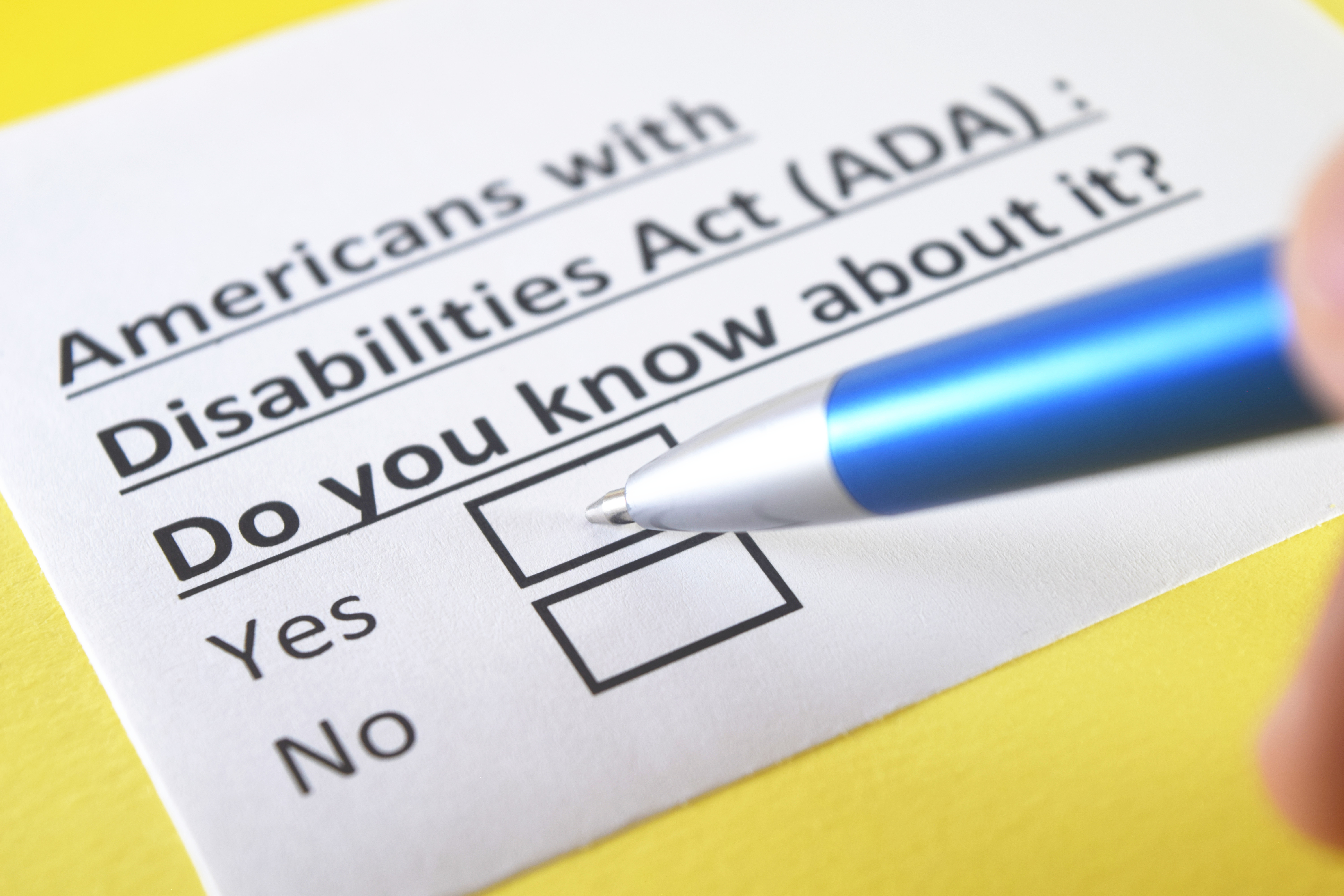For small and medium-sized brick-and-mortar businesses in the United States, it is mandatory to comply with the Americans with Disabilities Act (ADA). This act contains an exhaustive requirement to adhere to, and given the lack of details, these businesses are at risk of legal suits. For business owners in the United States, here’s all you need to know to be ADA-compliant.
What is the ADA Act?
The Americans with Disabilities Act (ADA) is a legal requirement to ensure people with disabilities have equal access to goods and services. It also ensures equal access to employment opportunities, protecting them from discriminatory practices.
While the United States disabled community makes up 25% of the entire population, they still face discrimination and are unable to access opportunities like others. Hence, the Act was designed to provide reasonable accommodation for disabled people. Since there are no specific requirements to follow, businesses may find it difficult to interpret the set ADA-related standards.
What are the ADA Requirements for Businesses?
The main aim of the ADA is for businesses to adopt standards that prevent the discrimination of disabled employees and customers. The Act contains three titles – the first and third acts pertain to businesses, while the second contains regulations for government services.
TITLE I
The first title is governed or headed by the Equal Employment Opportunity Commission (EEOC) and mandates that businesses with an employee number of 15 or more must provide accommodation for their disabled employees, such as video captioning in training videos.
There are also exceptions to this title, such as small business employers without the resources to remodel their workspace. However, video captioning and audio descriptions are mandated for all business types.
TITLE III
During the early days of adoption, the Act was concerned about disabled-friendly facilities in business structures such as brick-and-mortar stores, shops, restaurants, and even cinemas. As technology advanced, web-based shopping became the norm for people. Still, there were no disabled-friendly facilities for the blind and communities and others, which led to an increase in lawsuits by members of these communities.
The outcome of these lawsuits against popular organizations like Harvard and Netflix confirmed the need to make websites more accessible. Overall, businesses must adhere to one or all of the following checklists:
Adhere to Web Content Accessibility Guidelines (WCAG)
Businesses must ensure their websites are accessible to all. They must include facilities like closed captioning, audio description, and live captioning.
Talk To Their Employees
Many ADA lawsuits arise due to employers’ refusal to listen to their employee’s advice. Open communication produces proactive measures that can help prevent ADA lawsuits in the future.
Apply Feedback
Employers should endeavor to apply feedback from their customers, such as erecting disabled-friendly ramps or developing food menus with braille for blind people to use.
Secure Lock and Alarm Can Help
Are you looking to build ADA-compliant infrastructure in your business? Secure Lock and Alarm can help by installing various types of ADA-compliant doors for your business. Learn more about the styles we install and how we can help your business in Massachusetts.


Recent Comments